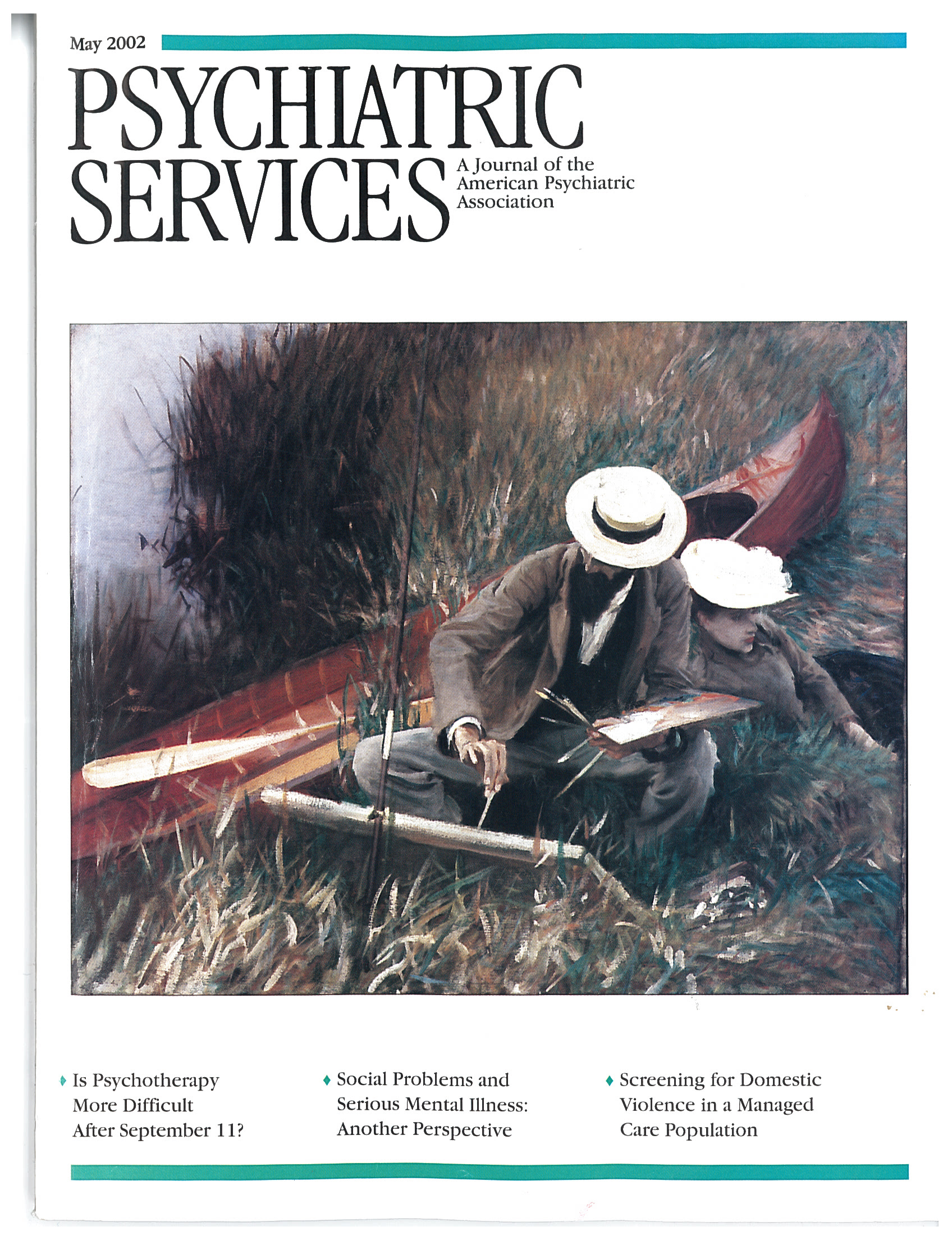In Pharmacracy, Thomas Szasz continues his attack on psychiatry and psychiatrists and goes further. In this volume he denounces both the misuse of the medical profession in disability determinations and the economics of American medicine in general, with particular criticism of the deviousness inherent in the use of diagnosis-related groups in Medicare, Medicaid, and private health insurance programs. Medical ethicists who conceal their views and recommendations "with euphemistic phrases, such as 'beneficence' or 'the best interests of the patient'" come in for especially harsh assault. Likening them to Nazi and Soviet ethicists who considered National Socialist and Communist medical practices ethical, Szasz cautions that "Medical ethics itself requires unceasing ethical scrutiny."
Szasz coins the word "pharmacracy" because "while we have words to describe medicine as a healing art, we have none to describe it as a method of social control or political rule." Although most practicing psychiatrists dismiss out of hand—and with good reason—his arguments that severe mental illnesses are not diseases, they would be doing themselves a great disservice if they allowed his egregious attacks to blind them to his championing of the defense of individual liberty and personal responsibility. Thomas Szasz, more than anyone, has been responsible for the libertarian transformation of psychiatrists, namely, psychiatrists' increasingly exercising care over the past 40 years in their assessments of patients to determine need for involuntary hospitalization.
Hordes of lawyers, judges, law professors, other academicians, and knowledgeable laypersons see merit in many of Szasz's theoretical ideas and criticisms of psychiatry. Mental health professionals who fail to familiarize themselves with his writings will find it difficult to dissuade their patients and others who they believe have been indoctrinated by Szasz.
It is no consolation that Szasz's antipsychiatry diatribe in
Pharmacracy, although more vitriolic than his denunciations of earlier years—for example, when he condemned the "viciously mendacious psychiatric rhetoric about mental illness" (
1)—is somewhat less fulminant than his recent pronouncement that psychiatry is "the most insidious and, in the long run, the most dangerous form of statism yet developed by man" (
2). Nevertheless, nothing that Szasz has written better explicates his views about mental illness and psychiatry than
Pharmacracy. It is a book well worth reading.

